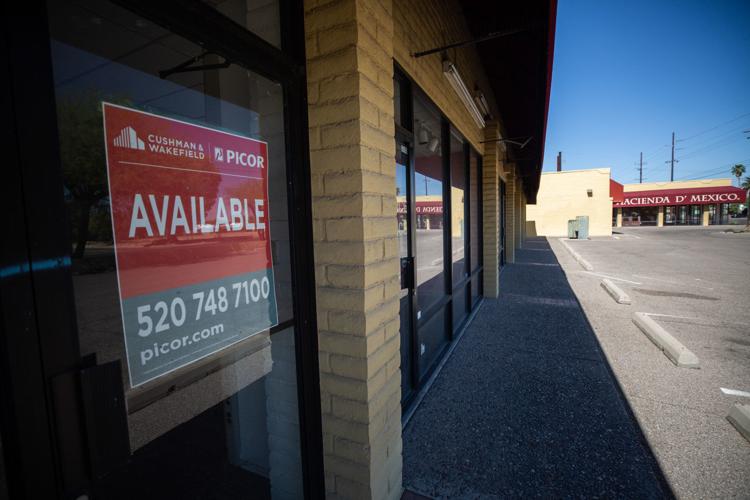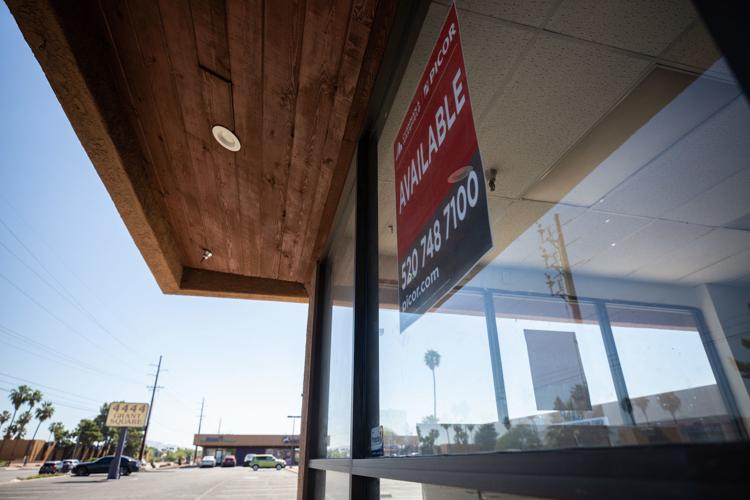As Arizona’s economy gradually reopens after nearly two months of coronavirus-related restrictions, changes to work spaces may have Tucson businesses looking for more elbow room or to reduce their footprint.
With many employers discovering that telecommuting works well, some may want a smaller footprint for their future office.
Others may want larger space so employees aren’t seated closely together.
Commercial landlords are open to improvements and incentives to keep spaces filled, said Michael Coretz, principal of Commercial Real Estate Group of Tucson.
“The reality for landlords is that they are willing to negotiate in these uncertain times,” he said. “The cost and risk of replacing a tenant is significant. That makes tenants valuable and worth making good deals with to keep or obtain.”
Businesses that weather the pandemic will be in the best position to renegotiate, not just space but lease terms.
“Landlords will be in great competition for businesses to lease their spaces,” Coretz said. “Leasees who want to renegotiate an existing contract ought to consider asking for short-term rent relief, blend and extend provisions, deferred rent and right-sizing.”
Maintenance and cleanliness of common areas, known as CAM services, will also be a top priority for those businesses that reopen.
“Landlords may be receptive to potential leasee requests for additional maintenance services, air filtering systems, installation of hand sanitizing stations and other public health strategies,” Coretz said.
He cautioned business owners to closely examine CAM bills in early 2021 to confirm you are not overpaying.
Business owners with a large space may consider turning their stores into distribution centers, as delivery and curbside pickup will become priority over traditional shopping, Coretz said.
“It will be the rare business owner who will go back to business as usual once we’re past the COVID-19 crisis,” he said.
WINNERS AND LOSERS
National Real Estate Investor predicts the following will struggle the most after the crisis and why:
- Regional malls — Malls have been struggling for years and many landlords signed on more restaurants, entertainment businesses, fitness studios and beauty salons to increase traffic. Current distancing guidelines may make those venues less appealing.
- Senior housing — Since their residents are most susceptible to the virus, owners also face increased costs to limit infections while also seeing a deceleration in new resident move-ins for the near future.
- Co-working operators — Once businesses start getting employees back in the office there will be less demand for office space in general and the appeal of open spaces and sharing desks is expected to significantly drop.
Those predicted to see the most success:
- Warehouse owners — Industrial real estate was already in high demand but now the demand for e-commerce is overwhelming.
- Data centers — As people stay home, their use of data to work, shop, socialize and stream shows has some facilities operating at the peak of capacity.
- Grocery-anchored shopping centers — Supermarkets and drugstores are among the last places people continue to venture during the coronavirus pandemic, and restaurants are less of a threat to grocery stores than they used to be.





